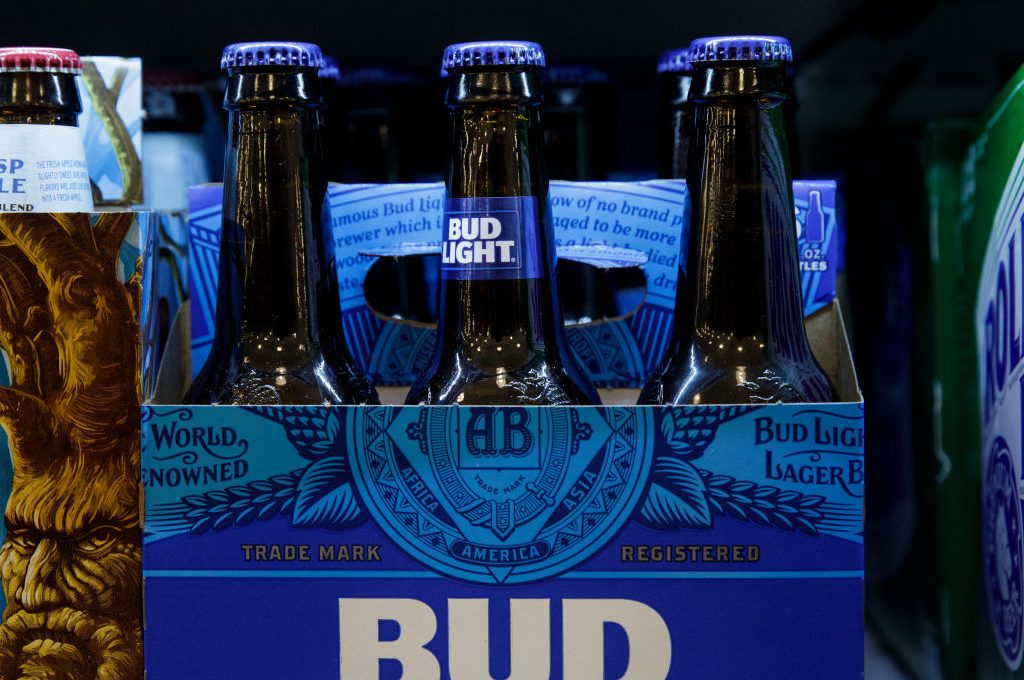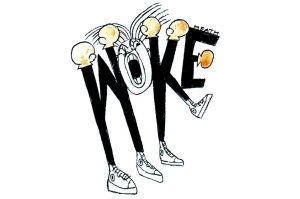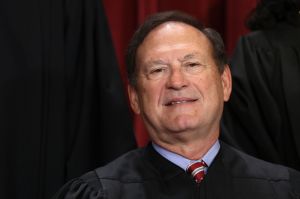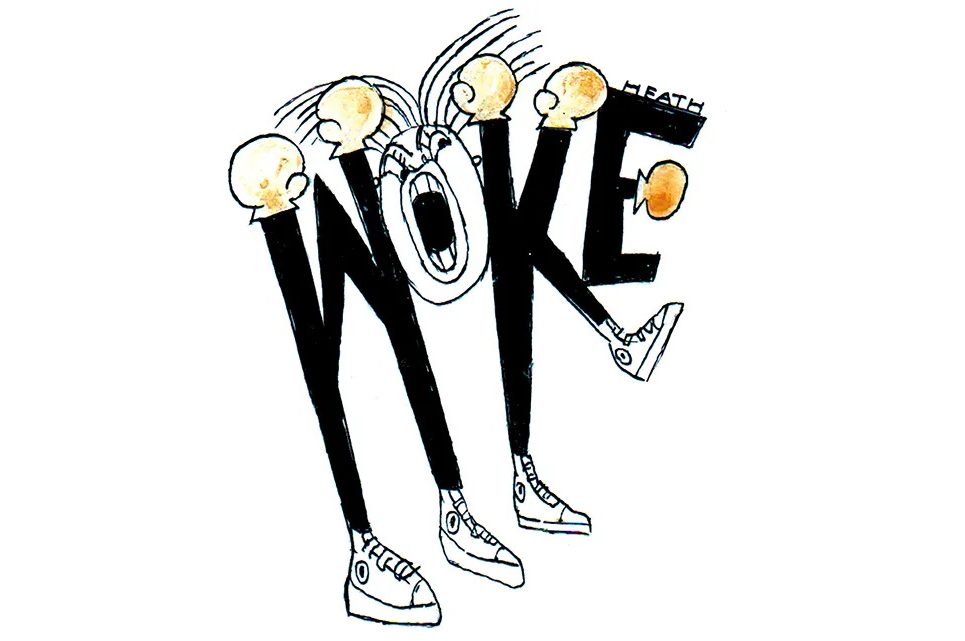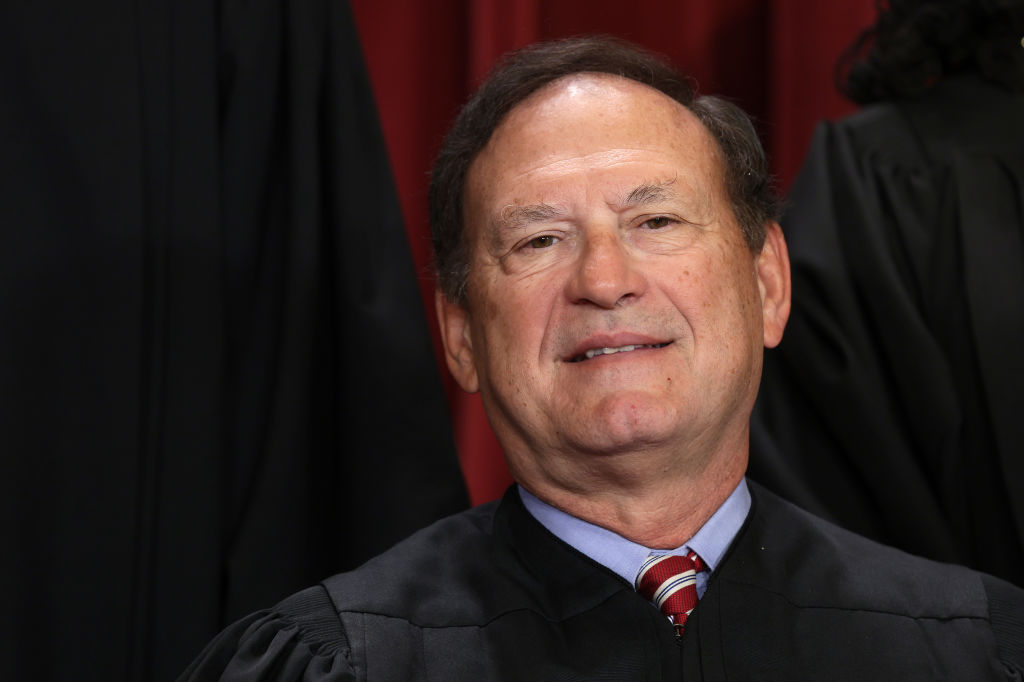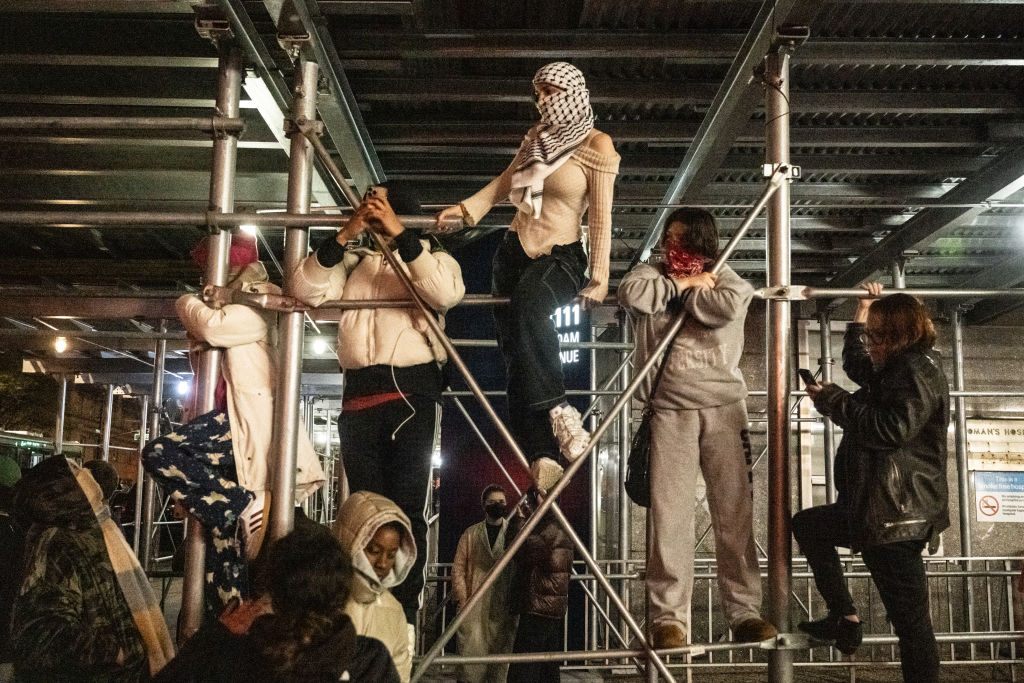Nike. Ulta. Bud Light. Anthropologie. Target. My boycott list is growing larger by the day.
For the record, I’m pretty darn good at shopping according to my values. I haven’t purchased a single Nike product since the company pulled a planned shoe line featuring the Betsy Ross American flag because anthem-kneeler Colin Kaepernick convinced them it was racist. I quickly pivoted to purchasing Adidas products instead. Well, that is until Adidas started advertising women’s swimsuits using male models. Sigh.
This boycotting business can be tough, especially when it means forgoing otherwise quality products or paying a higher price for alternatives. For a long time, conservatives valued the convenience of shopping at large corporations over moral objections to giving hard-earned money to companies run by people who hate you and your way of life. There was also skepticism at anyone’s ability to effect change. Could a handful of shoppers taking their business elsewhere really put a dent in the bottom line of a billion-dollar corporation?
Over the past few years, the tide has been changing. “Wokeness” — briefly, the idea that racial and gender groups deserve special treatment to make up for historical grievances — has seemingly affected every part of society, including the marketing and product-related decisions of pretty much all major corporations. Otherwise soulless companies put up Pride displays and replace their logos with the rainbow flag every June (while conveniently avoiding such behavior in majority Muslim countries), post pro-Black Lives Matter content while their stores get mobbed, put obese women in workout clothes to fight “fatphobia” and offer trans-friendly clothing to children.
Americans, who mostly want the companies they buy products from to be politically neutral, are fed up. But it can still be overwhelming to look at the corporate landscape and realize that it looks like everywhere you shop is espousing beliefs and supporting causes you find abominable. Where are you supposed to start?
Conservatives got their answer in early April when they noticed that Bud Light had partnered with Dylan Mulvaney, a transgender influencer. This partnership was the perfect storm for a boycott. Mulvaney had already drawn the ire of the right for promoting damaging stereotypes about women to his millions of TikTok followers and insisting that, because he says so, he is a woman. Perhaps most offensively, Mulvaney insisted during an appearance with Ulta Beauty that he is excited to become a “mother.” This was a change of approach for Bud Light and its parent company, Anheuser-Busch, known for its advertisements centered on American exceptionalism and tradition, sports, slightly off-color humor and pretty ladies. An ostensibly pro-dude brand partnering with a flamboyantly transgender TikTokker — and even sending him a custom can! — felt like a massive betrayal.
Thanks to an aggressive social media campaign started by conservative influencers and activists, some hilarious meme-ing, and good old-fashioned word of mouth, Bud Light’s sales tanked almost overnight. Anheuser-Busch lost $6 billion in market value in just a few days. The brand scrambled to right the ship, including placing the Bud Light marketing director on leave, cutting a patriotic new ad and just trying to wait out the storm. None of it worked: conservatives were even more incensed at the idea that they were stupid enough to let the Mulvaney incident blow over in exchange for a little bit of lip service.
My fiancé and I asked that Bud Light not be served at our engagement party. A few weeks later, out golfing in Northern Virginia, we saw that the cart girl was sold out of other popular beer brands while numerous cans of Bud Light were shoved haphazardly to the back of her cooler. According to trade publications, sales of Bud Light for the week ending May 13 were down 28.4 percent from the year prior. In some places, Bud Light is being offered at a massive discount… or even for free.
“Nobody imagined it would go on this long,” Beer Business Daily editor Harry Schuhmacher said.
The Bud Light victory has demonstrated to conservatives their purchasing power. They have far more sway to change company behavior than they previously realized. It made the idea of a boycott exciting rather than exhausting. PublicSq., an app that gathers non-woke brands into one convenient platform, has exploded in popularity over the past few months. Consumers’ Research launched a text program called “Woke Alerts” that sends messages to subscribers when brands make politically leftwing moves.
Conservatives sought to repeat their success with Target, which just weeks after the Bud Light controversy, set up a Pride section in part marketed toward children. Some product displays included chest binders and “tuck-friendly” bathing suits in sizes down to an adult XXS — and a portion of the Pride collection was coincidentally designed by an avowed Satanist. After a massive online backlash, Target pushed its Pride displays to the back of some stores and removed them entirely from others. However, instead of apologizing for its kid-friendly LGBTQ+ apparel, Target blamed vague “threats” to employees for its decision to walk back the product line. The company lost $9.3 billion in market value in just one week.
Coordinated conservative boycotts should terrify corporations. There are an estimated 100 million conservatives in America. Comparatively, only about 8 percent of the US identifies as far left. If the right can continue to tap into the same fervor that the left has used to “cancel” anything it doesn’t like, woke capitalism is in trouble.
This article was originally published in The Spectator’s July 2023 World edition.



